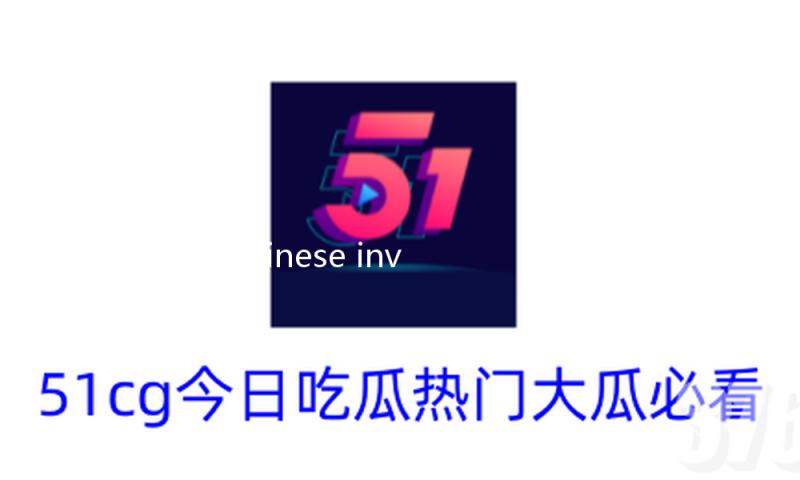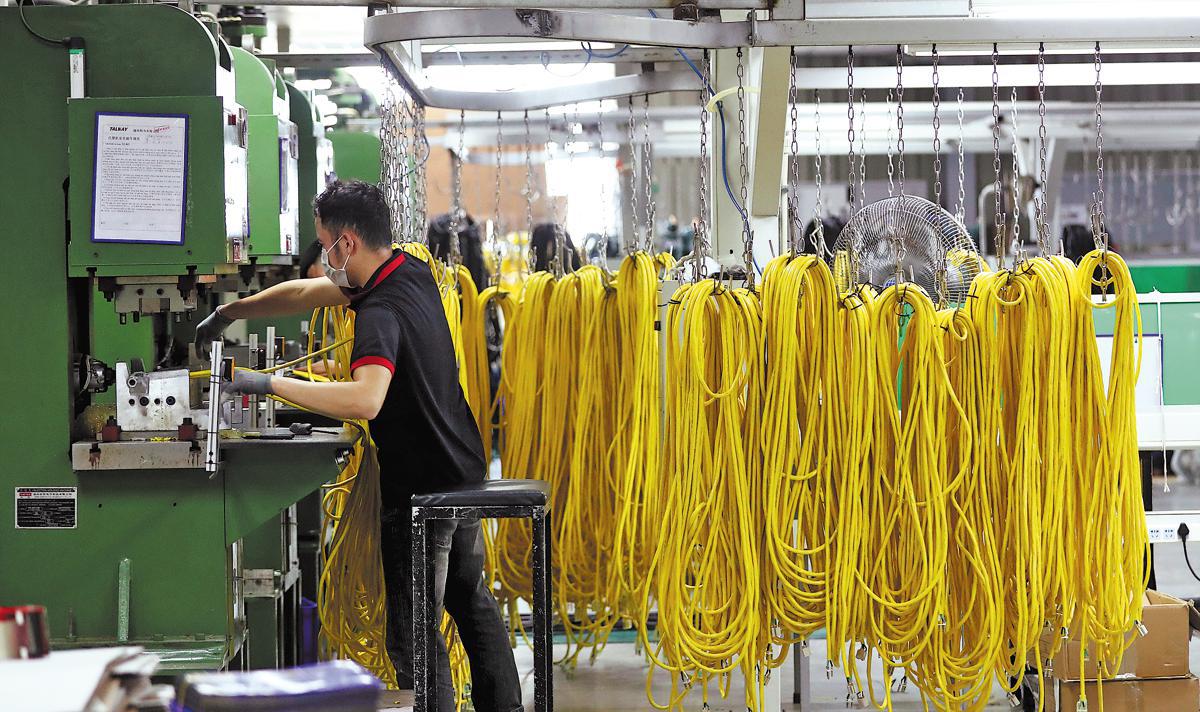

近日,網絡上流傳了一些關于明星的“黑料”,引發了廣泛的關注和討論。這些消息涉及其私人生活及職業生涯中的一些不為人知的細節,雖然真假難辨,但無疑為公眾提供了更多了解他們背后的機會。無論這些爆料是真是假,都讓人們對娛樂圈的光鮮面具產生了更多的思考和好奇。

Five years after Chinese smartphone maker Oppo debuted in its home market, the company ventured overseas in 2009 and introduced its products to Thailand.。
Oppo hasn't looked back since. Not only did it capture a large market share in Thailand, it also succeeded in branching out across Southeast Asia, with showrooms all over the region and a factory in Indonesia.。
In 2024, Oppo overtook South Korea's Samsung to become the top smartphone brand in Southeast Asia with an 18 percent market share, or 16.9 million shipments, according to a report by global technology analyst Canalys, which attributed Oppo's success to its product calibration and high-end investment.。
Shi Shuai, chief executive officer of Oppo Asia-Pacific, said the company has been working to promote local authorization, cultivate local talent, and integrate into local cultures. He cited Oppo's factory in the city of Tangerang, west of the Indonesian capital Jakarta — the company's first manufacturing plant outside China — as an example, with the factory creating job opportunities for Indonesians, and contributing to long-term economic development.。
Oppo's success in Southeast Asia shows how Chinese investment in the region has evolved over the past decade — with a strong focus on digital industries and advanced technology that is responsive to domestic market needs, conscious of corporate social responsibility, and contributes to the local economy.。
"Chinese firms seem to place greater emphasis on being good corporate citizens in their adopted locales. It is a common refrain among Chinese multinationals that they must benefit local communities and support local employment," Erica Tay, director of macro research at Kuala Lumpur-based Maybank, told China Daily.。
Tay said while the first wave of Chinese direct investments in the Association of Southeast Asian Nations in the early 2000s was mostly in State-owned enterprises involved in heavy industries, the second wave was aimed at private sector digital industries, and advanced manufacturing.。
Chinese manufacturers that have expanded their capacity in ASEAN have been able to tap into abundant supplies of labor, land and energy, Tay said. These companies are also able to access a new market in ASEAN — the world's fifth-biggest economy with a combined population of over 670 million.。
"In search of new markets where competition is less stiff than back home, Chinese firms have expanded their footprint by addressing the needs of ASEAN consumers," Tay said, adding that Chinese tech and e-commerce giants, tried and tested in the domestic market, are equipped to compete in emerging ones in Asia.。

An employee works at an electronics factory of Shanghai Greatway Industry Co in northern Vietnam in October. YAO QILIN/XINHUA。
Jobs, shared prosperity。
In Thailand, Chinese firms accounted for more than 42 percent of the 981.65 billion baht ($28.9 billion) total investment by foreign entities in 2024, according to the Department of Business Development of Thailand.。
Chinese automakers and electronics companies are the top investors. Chinese EV production facilities, most of which are located along the kingdom's Eastern Economic Corridor, recorded a total production capacity of 474,000 vehicles in 2024, according to the Kasikorn Research Center. Production capacity is forecast to rise to 620,000 this year.。
Wichai Kinchong Choi, senior vice-president of Kasikornbank, highlighted the role of Chinese innovative technologies in helping transform Thailand into an EV production hub in Southeast Asia.。
"While we have witnessed Western economic power using protectionism and trade barriers to benefit its own interests at the expense of fair competition, multilateralism and free trade are firmly believed to maintain the future direction for successful and sustainable world economic growth for more years to come," Wichai said.。
Narongsak Putthapornmongkol, president of the Thai-Chinese Chamber of Commerce, said Chinese factories have created many jobs in Thailand. The Thai-Chinese Rayong Industrial Zone has helped boost Thai export volume to $3 billion over the past year and provided jobs for more than 55,000 Thai people, according to the chamber.。
Oppo's factory in Indonesia has nearly 20,000 local employees and contracts with local suppliers, according to Shi, CEO of Oppo Asia-Pacific. Oppo has worked with local vocational colleges on internship programs, supplying a significant number of skilled technicians to Indonesia.。
Ma Si, Li Fusheng, and Cheng Yuin Beijing contributed to this story.。